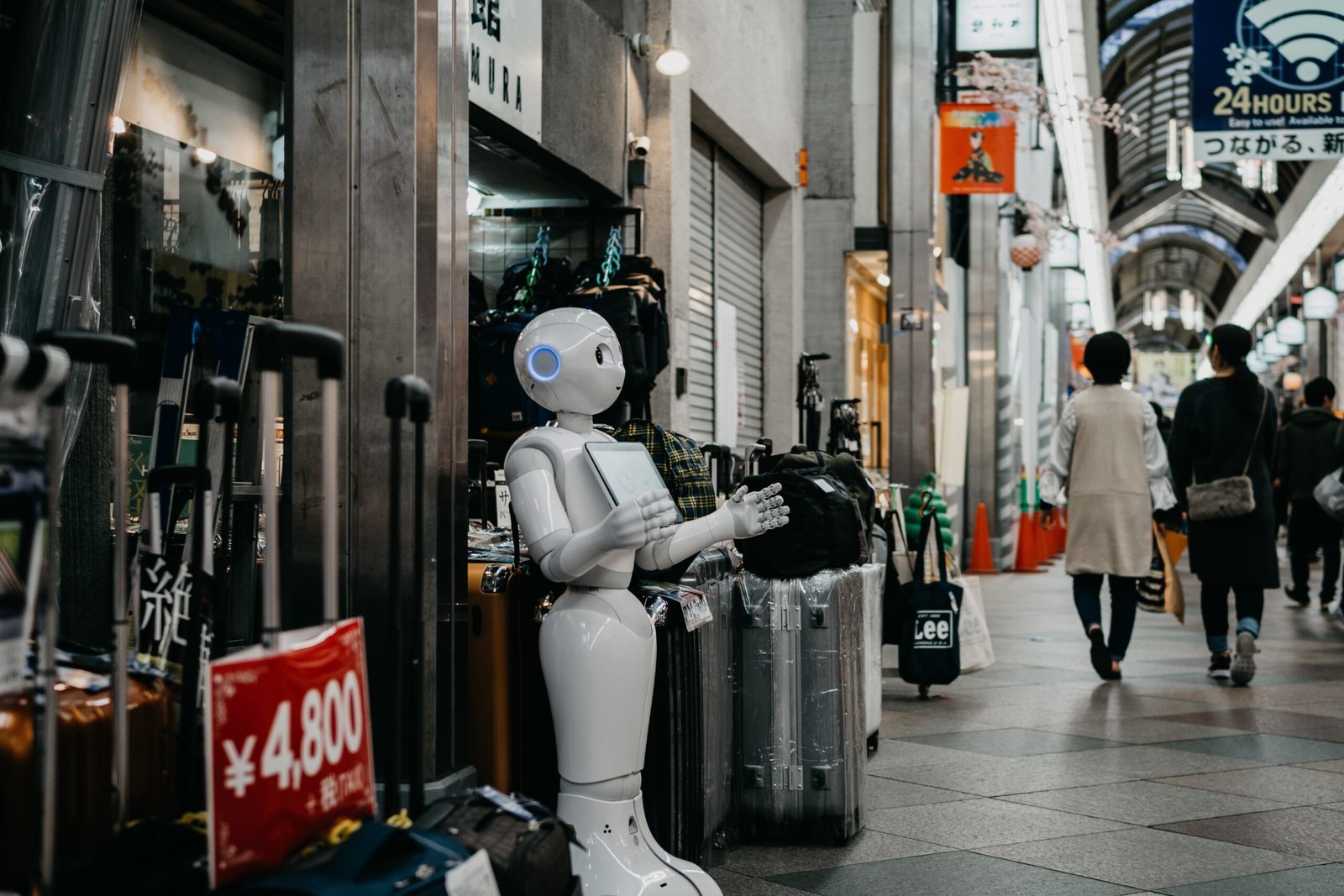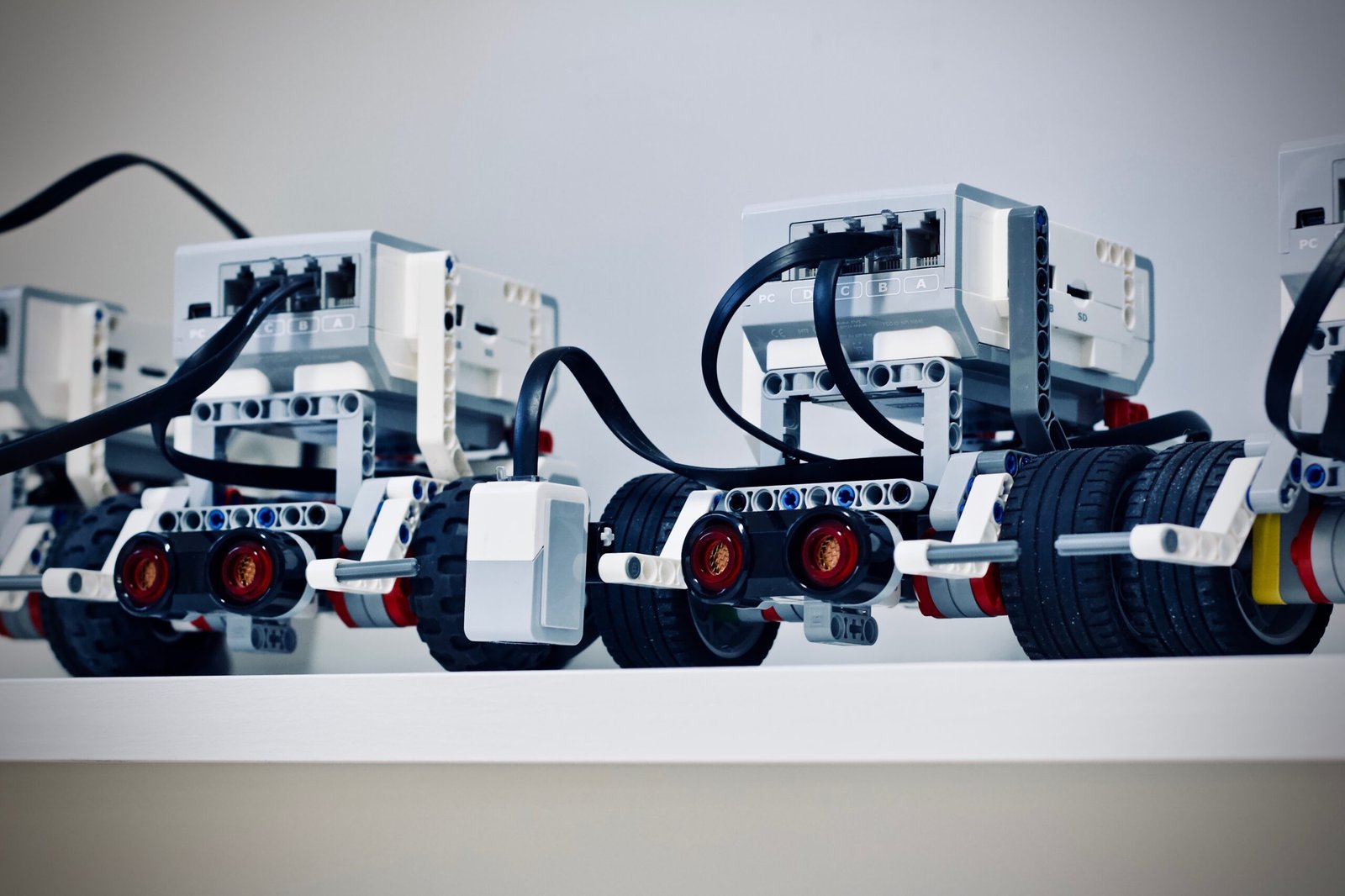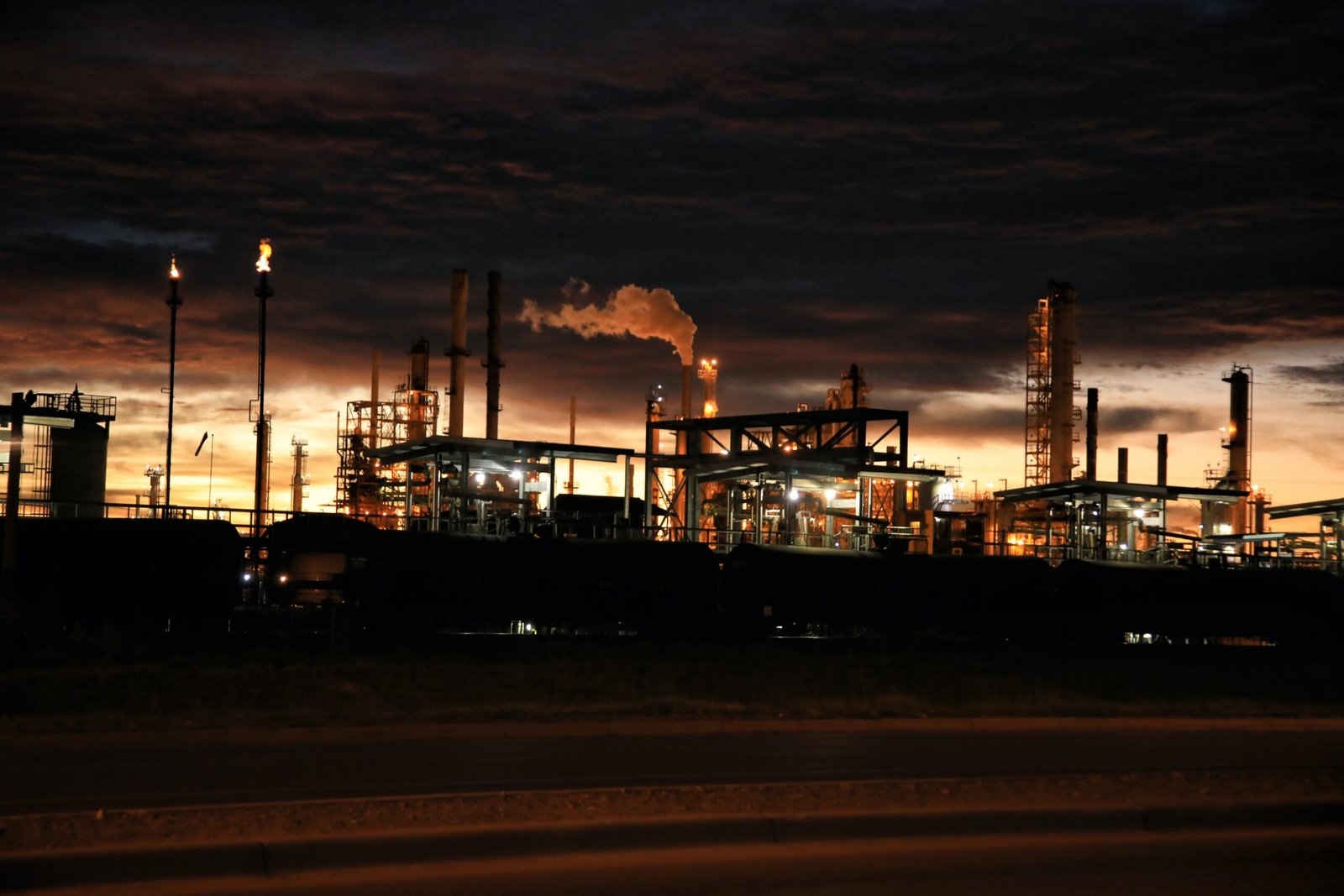A recent survey conducted by PwC, one of the world’s largest consulting firms, reveals that an increasing number of CEOs are concerned about the future viability of their companies in the face of challenges posed by artificial intelligence (AI) and climate change. The survey, which gathered responses from over 4,700 CEOs worldwide, paints a mixed picture of the coming years.
While 38% of the executives expressed optimism about the strength of the global economy, up from 18% last year, there is a growing belief that their companies will not survive the next decade without a major overhaul. This sentiment has risen from 39% last year to 45% in the current survey. The CEOs cite pressure from technology like AI, as well as regulation and a lack of skills among workers, as key factors contributing to their concerns.
Despite the improved economic outlook, the challenges faced by CEOs are far from over. The World Bank predicts that the global economy will slow for a third consecutive year in 2024. Additionally, the survey reveals that fewer CEOs see their companies as highly exposed to the risk of geopolitical conflict, despite ongoing wars and disruptions to global trade.
AI is seen as both a way to streamline business operations and a potential weakness. Nearly three-quarters of the executives believe that AI will significantly change the way their companies create, deliver, and capture value in the next three years. However, 69% of CEOs also acknowledge that their workers need training to gain the necessary skills to effectively utilize AI technology.
Cybersecurity risks and the spread of misinformation are also concerns raised by the CEOs regarding AI. The threat of AI-powered misinformation, such as the creation of synthetic content, was identified as the world’s greatest short-term threat by organizers of the Davos gathering. The survey also highlights the increasing polarization caused by innovation, particularly in Western democracies.
Similar to AI, the survey shows that the climate transition is viewed as both an opportunity and a risk. Nearly a third of CEOs state that climate change is expected to shift how they conduct business in the next three years. While over three-quarters of the executives have made changes to increase energy efficiency, only 45% have made progress in incorporating climate risks into financial planning.
In conclusion, the survey conducted by PwC reveals the growing concerns of CEOs regarding the future viability of their companies in the face of challenges posed by AI and climate change. While there is optimism about the strength of the global economy, CEOs recognize the need for major transformations and the importance of addressing the challenges and opportunities presented by AI and the climate transition. It is clear that CEOs are aware of the potential benefits of AI but also recognize the need for training and addressing cybersecurity risks. Similarly, the survey highlights the importance of managing the climate transition and incorporating climate risks into financial planning.







